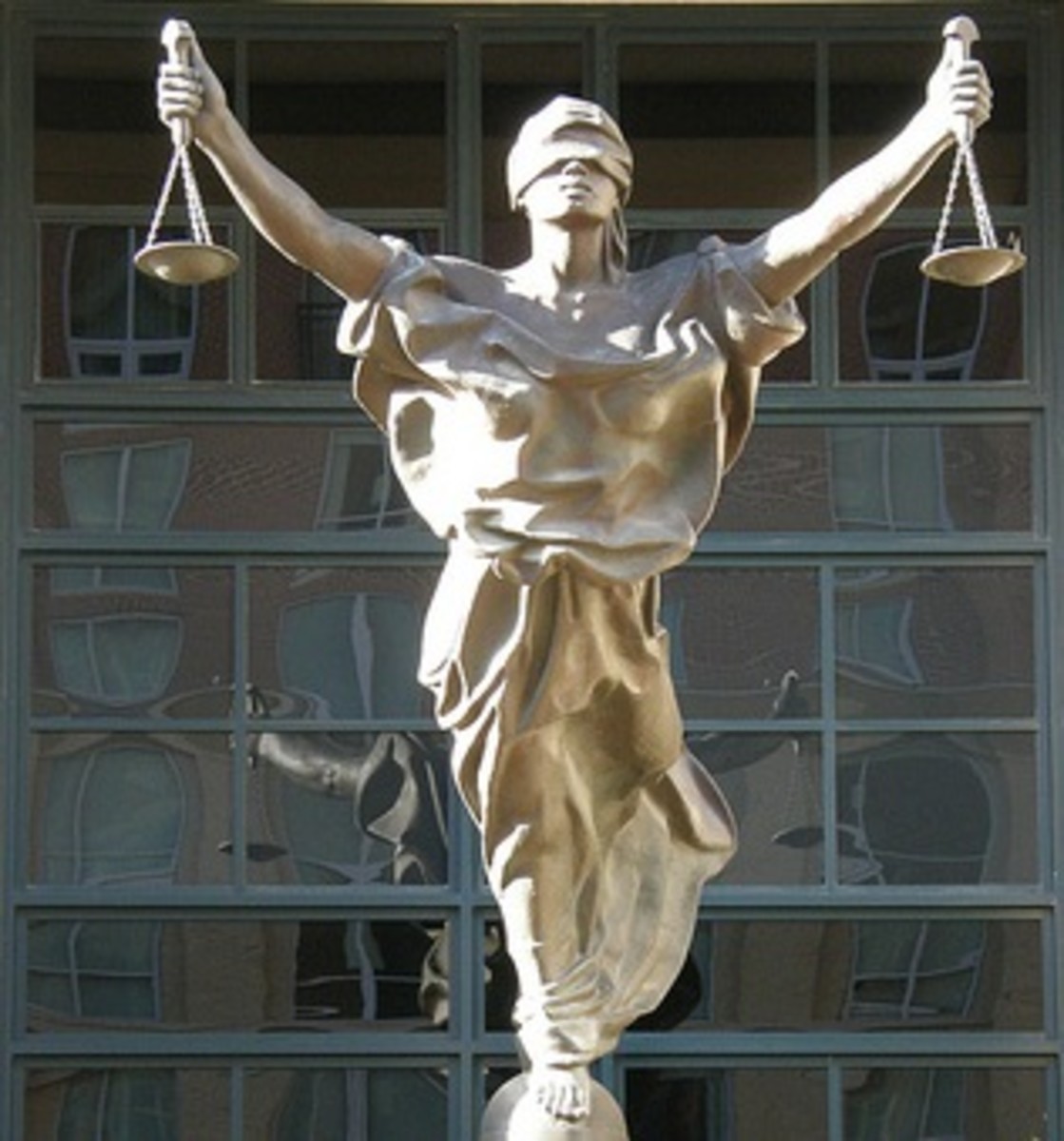Is Terrorism Rightfully Justified?
Is Terrorism Rightfully Justified?
The world’s history is full of terrible acts from the human race towards one another, and there have been many different causes for this and just as many acts that make people wonder what could possibly be the reason behind such hate, and if it is actually worth it. Terrorism could probably be one of the worst things that exist in this world, seeing as how it affects even those who are trying to stay out of an issue. “As usually understood, terrorism is violence directed against those who are not themselves directly involved in carrying out military operations, notably, civilians.” (Fumerton & Jeske, 2011). According to the authors, terrorism is something that attacks directly to those that are not involved in the issue that the terrorist are trying to solve or those they are trying to send a message to, and it most commonly involves military operations or political conflicts. There have been many acts of terrorism around the world and all throughout the years since even the beginnings of civilization, it goes from even before the Vikings, and it goes on with all of the recent acts that have carried out in the current society. This essay looks to compare and weigh the different opinions about terrorism, seeking to explain whether terrorism is a justified act or if it is the same as war with only different methods.
“Terrorism is as ancient as organized warfare itself, emerging as soon as one society, pitted against another in the quest for land, resources, or domination, was moved by a desire for vengeance, or, found advantages in military operations against noncombatants or other “soft” targets.” (Fumerton and Jekes, 2011). When people look at terrorism, most see it for the number of victims it leaves behind, or the reactions that the acts bring out on people immediately after the fact as well as when the time has passed, how the memory is still affected them enough that they do not consider other facts. People often do not consider that for the ones who executed this act, it was not as a matter of causing terror, it was a matter of war, a military, or a political decision. It is the same as a military attack towards the other side of the conflict; it requires strategy, planning, organization, and a mind for the kind of decision that needs to be taken, just as it happens with those behind both sides of a war. More often than not, people only consider this an act of terrorism depending on the ones who took a part in it. “The negative connotation runs so deep that affixing the ‘terrorist’ label to individuals or groups automatically places them outside the norms of acceptable social and political behavior, portraying them as “evil” people that cannot be reasoned with.” (Fumerton & Jekes, 2011). Because of the aftermath of the actions, the reactions of those who were affected and the reputation that comes with being labeled and seen as a “terrorist”, people tend to look away from this instead of wondering what were the actions behind this or trying to find answers that can answer to what is going on with the world that brought others to do something like this.
“To terrorists, the proportionality principle is not violated by indiscriminate targeting of civilians because the principle of collective guilt justifies the random targeting of civilians.” (Cohan, 2006). Those who are engaged in acts of terrorism do not consider the losses, the injuries of the victims or the psychological damages they cause as a bad thing because they believe that since they are part of the opposing side, or under the responsibility of the people they are trying to send the message too, they are involved in what can be considered collective guilt, meaning that they are guilty of the same things that the opposing has done or not done against them. And the fact that they do not see anything wrong with their actions should be a sign that they are not to be considered morally stable since there have been millions of casualties registered because of acts of terrorism over the history of the human race. They live under the explanation that if one person is responsible for something, then everyone else around them is just as responsible for their actions, and this is not a respectable way to handle this kind of situation. “But when people seek to overcome tyranny and begin killing the very people in whose name they claim to fight, revolution is in danger of destroying their own values. Since the very basis of revolution is the overcoming of the evil that enslaves and tyrannizes a group, it presupposes the sanctity of human life.” (Cohan, 2006.). One of the main reasons for terrorism nowadays is to defend an ideal or to rebel against the people who are putting them down, to try and show that they cannot be silenced or defeated when they still have many things to say and even more reasons to fight, but they treat this in a wrong way, especially if there are children between those who are considered a casualty. “Their participation in the struggle is an obligation, a duty, not a voluntary choice. The exigencies of their struggle require them to reject “normal” standards of behavior.” (Cohan, 2006). Even when those who are about to execute an act of terrorism know that what they will do is against what a good society considers acceptable and moral, they still decide to push it aside because they believe that what they have to do is for the greater good and that things must go on with their course because it is the right thing to do in order to fulfill their own cause.
Terrorism should not be considered an act of revolution because of all the victims it carries from one simple act, even when they have a small number of deaths and injured people, there are those who live constantly in fear that something bad will happen to them because there are people out there who think that they need to pay for what others are doing. The mere act of justifying terrorism and comparing it to the actions of those who are at war should be a reason to consider the said opinion, especially because no matter the reason behind these two factors, all these acts still leave a lot of fear and death behind, something that should not continue to exist in the magnitude such as the one it has nowadays. Causing terror amongst the innocents and using them as mere collateral damage because of the decisions that other people took is an act that goes against humanity and social morality itself, it is a sign that those who consider that taking even just one life in order to get a point across or communicate a message is way beyond what can be considered a reasonable person. It is not that they cannot be talked to, or reasoned with, it is that they do not see anything wrong in the acts they are engaging into, they do not admit that what they do is wrong, and if they do so, they still believe that this is something that needs to be done no matter the consequences or what happens to those who do not deserve it and are completely unrelated to the main issue that started all of these ideals.
References
Jeske, D., & Fumerton, R. (Eds.). (2011). Readings in political philosophy: Theory and applications. Broadview Press.
Cohan, J. A. (2005). Necessity, political violence, and terrorism. Stetson L. Rev., 35, 903.
This content is accurate and true to the best of the author’s knowledge and is not meant to substitute for formal and individualized advice from a qualified professional.
© 2020 Michael Omolo








